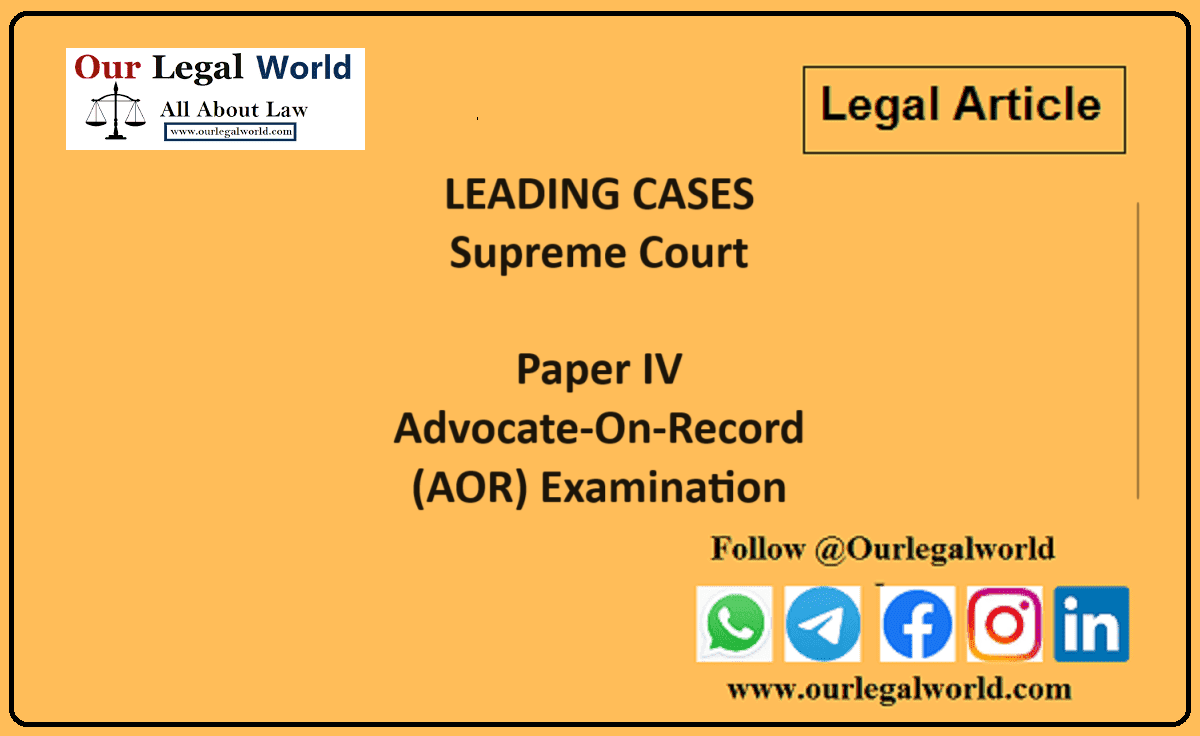Introduction
Navigating the complex landscape of international trade regulations requires expertise in customs law. Whether you’re a business engaged in global commerce or an individual dealing with cross-border transactions, having a seasoned customs lawyer by your side is crucial. In this post, we’ll explore the key considerations to keep in mind when looking for a customs lawyer.
Specialization in Customs Law:
Specialization in customs law is a critical factor to consider when looking for a lawyer to handle matters related to international trade and customs regulations. Customs law is a specialized field that involves the legal aspects of importing and exporting goods across borders.
Familiarity with International Trade Agreements:
Customs law intersects with various international trade agreements and treaties. A specialized customs lawyer will have a comprehensive understanding of these agreements, such as the General Agreement on Tariffs and Trade (GATT) and regional trade agreements, enabling them to navigate complex legal frameworks.
Customs Lawyer
Communication Skills:
Effective communication is crucial in legal matters. A customs lawyer should be able to explain complex regulations in a clear and understandable manner. This skill is essential for ensuring that clients fully comprehend the implications of their customs-related decisions.
Resourcefulness and Problem-Solving Skills:
Customs issues can be intricate and may require creative solutions. A good customs lawyer should demonstrate resourcefulness and possess strong problem-solving skills to address unexpected challenges that may arise during the legal process.
Global Perspective:
In an increasingly interconnected world, a customs lawyer with a global perspective is invaluable. They should be aware of international trends, changes in trade policies, and geopolitical factors that may affect customs regulations.
Technology Proficiency:
Given the digitalization of customs processes, a customs lawyer should be proficient in utilizing technology for research, case management, and communication. This ensures efficiency and accuracy in handling your case.
Client References:
Request references from previous clients or cases. Positive testimonials and feedback provide insights into the lawyer’s professionalism, responsiveness, and overall client satisfaction.
Ethical Standards:
Verify that the customs lawyer adheres to high ethical standards. Trust and integrity are crucial in legal representation, and a lawyer with a strong ethical foundation is more likely to prioritize your best interests.
Conclusion:
Selecting the right customs lawyer is a critical step in navigating the complexities of international trade regulations. By considering these key factors, you can make an informed decision and secure legal representation that aligns with your specific needs and goals. Always remember that a well-versed and experienced customs lawyer can make a significant difference in the successful resolution of your customs-related matters.
Also Read: Trademark Registration Process in India








